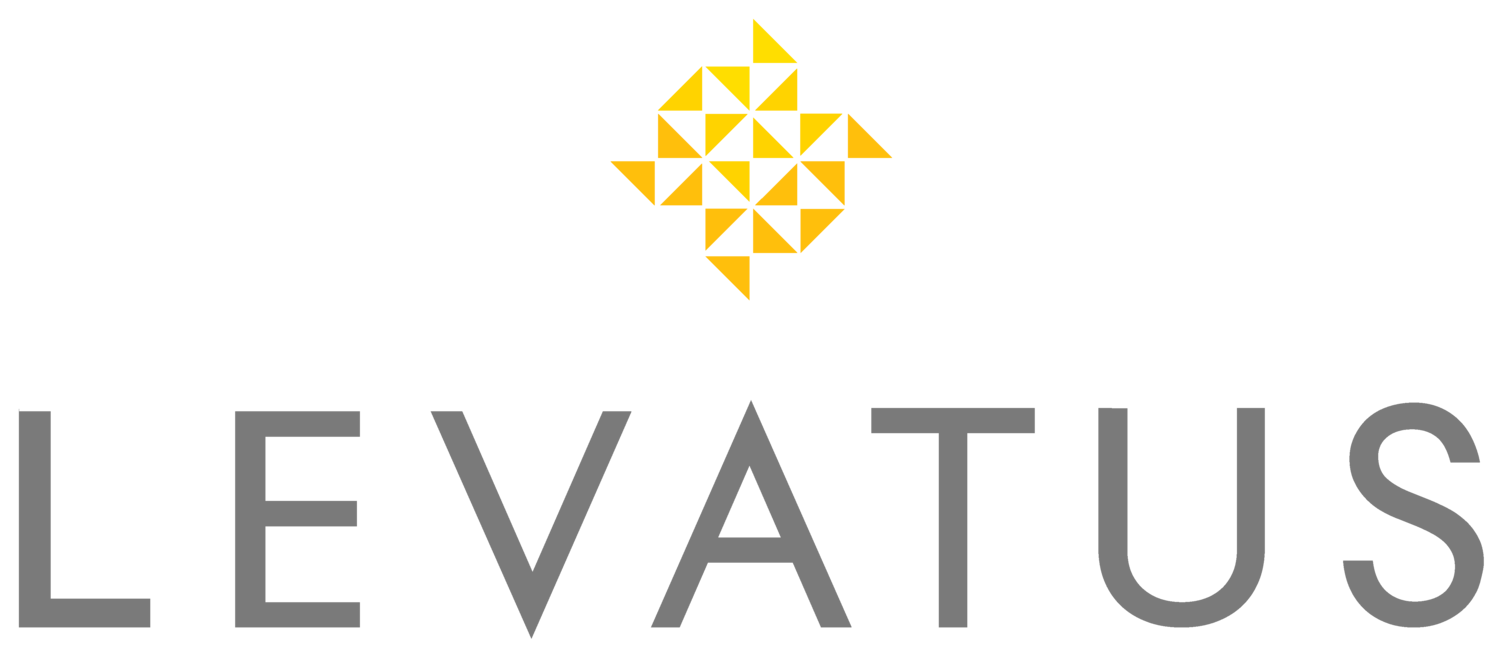LEVATUS Investments | Middle East Conflict and Possible Fallout for the United States
The conflict in the Middle East will have a direct impact on key macro economic risk factors.
Photo by Pawel Czerwinski
Beyond its immediate and tragic humanitarian impact, the conflict in the Middle East has the potential to slow U.S. economic growth and increase inflation. Much will depend on whether the conflict is limited to the area immediately surrounding Israel, or spreads to engulf a larger geography in the region. As we have mentioned to clients in our recent notes, the risk of stagflation, a combination of slowing growth and higher inflation, presents the most serious threat to markets.
Economic Growth
In the United States as elsewhere, periods of elevated geopolitical risks have historically been associated with sizable negative effects on economic activity. Changing perceptions about the range of potential outcomes weigh on economic activity by delaying firms’ investment and hiring, eroding consumer confidence, and tightening financial conditions.
On the fiscal front, the economic stresses of war deplete resources. Today, the near constant disfunction in Congress could complicate necessary budget decisions. The days of continuing budget resolutions that provide for formulaic expenditures are numbered. Tough choices in spending will be required as federal government debt servicing and the stock of debt expands at a frightening pace. Investors in U.S. Government securities seem to be finally waking up to the egregious lack of fiscal discipline that has existed for decades. The return of “bond vigilantes” will limit the ability of governments to issue additional debt to support liquidity and growth.
As the war continues, the risk of slower growth rises.
Inflation
U.S. history is replete with examples of bouts of inflation related to armed conflicts. During the Vietnam war era the United States found itself dealing with the classic guns versus butter dilemma where the public and private sectors battled to claim limited resources, adding pressure to inflation.
The potential for additional inflationary pressures because of the Middle East conflict are present in the energy sector. An expansion of the conflict in the region risks bringing Iran directly into play, which would increase the likelihood of a disruption in oil deliveries up to and including an oil embargo. Historically, energy disruptions have had a significant impact on inflation and inflation expectations.
As the war continues, the risk of higher inflation rises.
Stagflation and Policy
Faced with the prospect of stagflation arising from the conflict in the Middle East alongside continued support for Ukraine, U.S. policymakers will have to be prepared to act decisively to adjustment macroeconomic policies. The risk that inflation expectations drift away from the Federal Reserve’s inflation target cannot be ignored. Clear communication and forward guidance on the outlook for monetary policy will be essential to minimize the risk of disruptive adjustments.
The costs of the war in the Middle East are high, and the risks profound. From a macro-economic perspective, an extended conflict increases the possibility of a stagflation outcome.
Beyond Inflation and Recession
The repercussions of an intensified Middle East conflict could radically change the way in which the United States operates in the world. This includes the risk of a more permanent fragmentation of the world economy into geopolitical blocks with distinct technology standards, cross-border payment systems, and reserve currencies. While still a low probability event, this tectonic shift would cause long-run efficiency losses, increase volatility, and represent a major challenge to the rules-based framework that has governed international and economic relations for the last 75 years.
investment, Tax, estate
Distilling complex topics down to their essence is a hallmark of the LEVATUS approach.
ABOUT THE AUTHOR
Keith Savard has more than 40 years of economic/finance research and investment experience in the United States and overseas. He has worked as a staff member at the Board of Governors of the Federal Reserve System and as an international economist at the U.S. Department of State. A solid background in macroeconomic analysis and financial regulatory and monetary policy issues, combined with sovereign and credit risk skills, has enabled Keith to offer investors actionable top-down investment strategies and expertise facilitating a broad-range of asset allocation decisions. His deep knowledge and understanding of emerging markets, gained through extensive travel and meetings with cabinet-level officials, company CEOs and local investors, affords opportunities to invest confidently beyond the United States.












August 2024 started with a swift drawdown in markets. As with many such corrections, a major contributor was leverage.